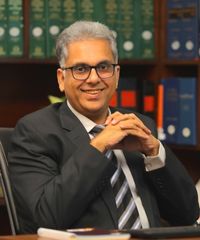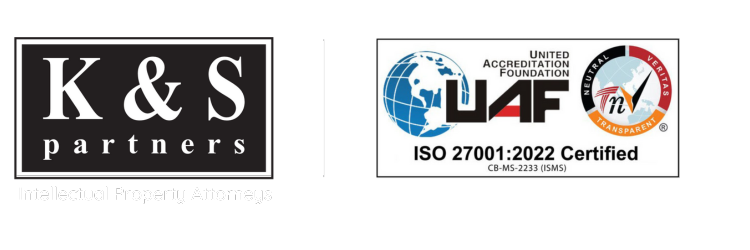
In Al-Hamd Tradenation v Phonographic Performance Limited, the Delhi High Court, while addressing the issue of compulsory licensing under Section 31 of the Copyright Act, 1957, underscored that balance needs to be struck between copyright owners’ rights and public access to the copyrighted works.
Section 31 of the Copyright Act provides for the grant of compulsory licenses for works withheld from the public due to the copyright owner’s refusal to allow access to such works.
Al-Hamd Tradenation (Al-Hamd), an event organizer, filed a petition before the Court seeking compulsory license for sound recordings owned by Phonographic Performance Limited (PPL). The dispute arose when Al-Hamd sought license to play PPL’s sound recordings at a corporate event. Al-Hamd’s grievance related to the license fee demanded by PPL which Al-Hamd found to be high and unreasonable. Al-Hamd contended that PPL’s fee structure was arbitrary, as it did not account for audience size, event duration, or the number of songs played
PPL argued that: (a) it had not refused Al-Hamd to exploit its repertoire; and (b) it was willing to license its works to Al-Hamd upon payment of the license fees as per its published tariffs. As such, the petition filed by Al-Hamd was not maintainable.
Referring to Section 31(1)(a) of the Copyright Act, and the decision of the Supreme Court in Entertainment Network (India) Limited v Super Cassette Industries Limited, the Court held that: (a) the mere fact that a copyright owner makes anper se may not be sufficient to conclude that the owner of the copyright has not withheld its work from the public; and (b)offer by a copyright owner to make a copyrighted work available on unreasonable terms would also amount to refusal on its part.
The Court rejected PPL’s contention that refusal in terms of Section 31(a) of the Copyright Act must be a downright refusal and remarked that there is an obligation on part of PPL to charge fair and reasonable licence rates. The Court also observed that PPL cannot be allowed to take advantage of its market leadership in having ownership of repertoire of songs in order to create an arbitrary licensing regime.
The Court also considered the fact that Al-Hamd is an event organising entity, and if it is required to pay the licence fee for each event as per the tariff rate demanded by PPL, it will not only place an undue burden on Al-Hamd, but also on the general public. The Court emphasised that making available the copyrighted works to the public at large on reasonable terms and payment of compensation to the copyright owner is vital and enjoined in the Copyright Act.
The Court found merit in Al-Hamd’s prayer for a compulsory license upon fair and reasonable terms and directed the parties to file their respective affidavits of evidence to determine the compensation, terms, and conditions of the license.
ABOUT THE AUTHOR

Deepak Gogia
Deepak Gogia is a Partner with K&S Partners and has over 25 years of experience in patent litigation.
- dgogia@knspartners.com

